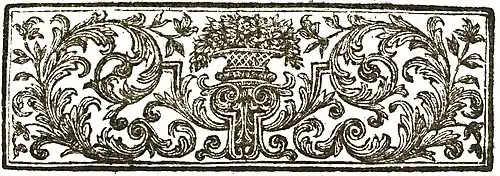
TO
Anthony Henley, Esq;
 Man of Your Character can no more Prevent a Dedication, than he wou'd Encourage one; for Merit, like a Virgin's Blushes, is still most discover'd, when it labours most to be conceal'd.
Man of Your Character can no more Prevent a Dedication, than he wou'd Encourage one; for Merit, like a Virgin's Blushes, is still most discover'd, when it labours most to be conceal'd.
'Tis hard, that to think well of You, shou'd be but Justice, and to tell You so, shou'd be an Offence: Thus rather than violate Your Modesty, I must be wanting to Your other Virtues; and to gratifie One good Quality, do wrong to a Thousand.
The World generally measures our Esteem by the Ardour of our Pretences; and will scarce believe that so much Zeal in the Heart, can be consistent with so much Faintness in the Expressions; but when they reflect on Your Readiness to do Good, and Your Industry to hide it; on Your Passion to oblige, and Your Pain to hear it own'd; They'll conclude, that Acknowledgments wou'd be Ungrateful to a Person, who ev'n seems to receive the Obligations he confers.
But tho' I shou'd persuade my self to be silent upon all Occasions; those more Polite Arts, which, 'till of late, have Languish'd and Decay'd, wou'd appear under their present Advantages, and own You for one of their generous Restorers: Insomuch, that Sculpture now Breaths, Painting Speaks, Musick Ravishes; and as You help to refine Our Taste, You distinguish Your Own.
Your Approbation of this Poem, is the only Exception to the Opinion the World has of Your Judgment, that ought to relish nothing so much, as what You Write Your self: But You are resolv'd to forget to be a Critick, by remembring You are a Friend. To say more, wou'd be uneasie to You, and to say less, wou'd be unjust in
Your Humble Servant.